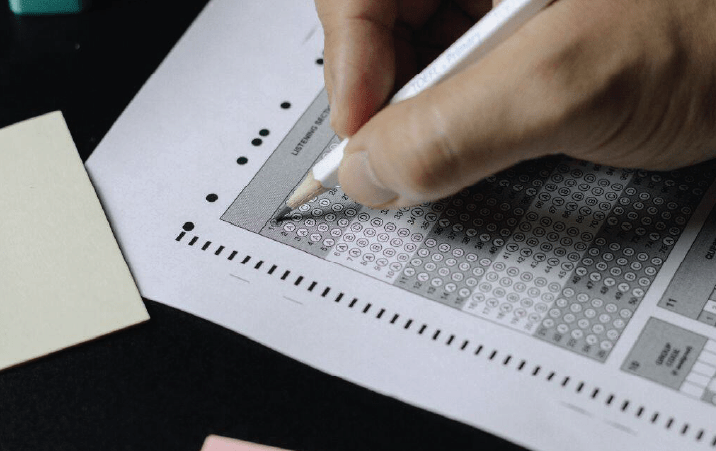Our world has changed profoundly, and more countries are now welcoming people from all over the world to study and seek employment. Individuals today can take the leap of faith to move to other countries in quest of better opportunities. With more people pacing ahead of their shadows of fear, English-speaking nations like the US, UK, Australia, Canada, and New Zealand are seeing a large influx of applicants seeking jobs and higher education.
However, passing the IELTS test is a prerequisite for people flocking to these nations. The IELTS is an English proficiency test that is required to be taken by individuals planning to study, work, or immigrate to English-speaking countries. The test’s prominence emanates from being recognised by over 11,000 employers, universities, schools, and immigration bodies worldwide. In the US alone, IELTS is accepted by 3,400 institutions.
IELTS assesses an individual’s four major English language skills (reading, writing, listening, and speaking). It is available in two types: Academic and General Training. While the listening and speaking tests for both IELTS are the same, the reading and writing tests are different.
Both the IELTS can be taken on paper or on a computer. The listening, reading, and writing sections are completed on the same day with no breaks between them. The speaking test will be scheduled up to a week before or after the other tests. The total time for the test is 2 hours and 45 minutes.
IELTS Academic Reading: An overview
The IELTS Academic Reading test assesses students’ reading skills, including their ability to follow an argument and recognise the writer’s opinion. It also evaluates your ability to understand a text and main ideas, thoughts, and implied meanings.
The following are a few essential points of the Academic Reading test that you should keep in mind:
—The Academic Reading test lasts for 60 minutes.
— There will be three long texts that come with various questions using a number of task types. The tests are designed keeping in mind the non-native speakers of the English language. They are suitable for people seeking admission to university courses or professional registration.
— The passages are taken from current books, journals, magazines, or newspapers.
— There are 40 questions divided into three sections. You are required to read several texts with a total word count of around 2150-2750.
— You must write all answers on the answer sheet within 60 minutes, as no extra time is allowed.
Prep Tips for IELTS Academic Reading
— Cultivate a routine of reading about different topics
The texts for the Academic Reading test are extracted from various sources such as books, journals, newspapers, and magazines. The topics chosen are of general interest and those that are interesting, appropriate, and accessible to test takers who are seeking admissions in undergraduate and post-graduate programmes or professional registrations. The texts could be descriptive, factual, discursive, or analytical. As a result, if you want to perform well on the IELTS Academic Reading, you should immerse yourself in a variety of reading material.
— Pay close attention to instructions
It is essential to read the instructions carefully, as various questions are asked based on the given passages in the test. Additionally, each question type will have different instructions given. Comprehending the instructions is vital to eliminate wrong answers.
— Read every question very carefully
Remember that you only have a limited amount of time, so reading the questions attentively will help you manage your time more effectively and weed out incorrect answers.
— Focus on the type of question
Every question asked in the IELTS Academic Reading is aimed at assessing the different skills of the examinee. The questions may include multiple choice, identifying information, identifying writer’s views, matching information, sentence completion, or short answers. Therefore, the same technique will not apply to every question.
— Read the passage carefully
One must read and comprehend the passage and outline the key elements to answer the questions correctly. The questions are in the same chronological order, and the answers are from the text. The limited time does, however, call for swift information absorption. As a result, it is prudent to read the text carefully to avoid losing any important details.
— Do not misspell words
While writing an answer, you should ensure that all your spellings are correct, as given in the passage. Correct spellings provide a good impression of the examinee and result in better scores.
— Practice writing on a sample answer sheet (paper-based test)
Students attempting the IELTS Academic Reading test on paper must answer and write all 40 questions within 60 minutes on a given answer sheet. No extra time is allowed. Therefore, you need to practice mock tests on sample answer sheets regularly.
— Manage your time well
Effective time management is crucial for better scores in IELTS Academic Reading. As the test is time-bound, you must quickly attempt as many questions as possible. If you do not find an answer, it is better to move to the next question.
Courtesy : The Indian Express








